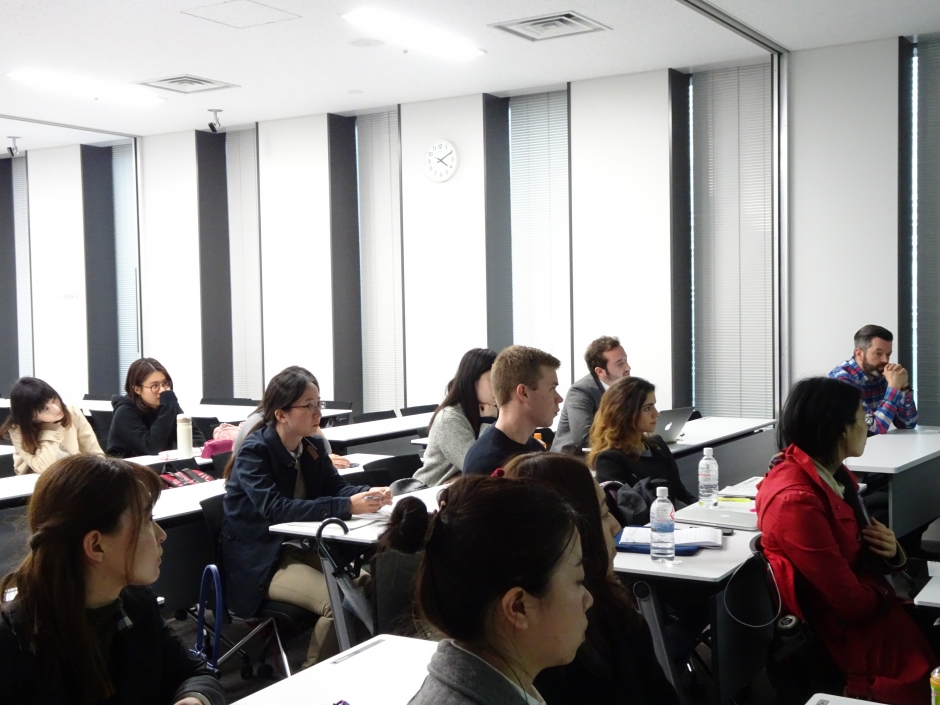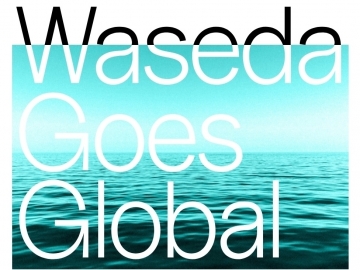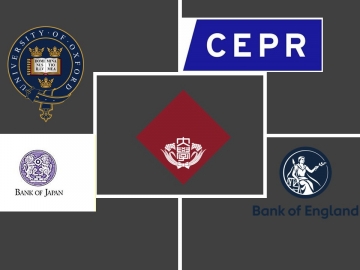On April 11 and 13, 2017, TGU center for Positive/Empirical Analyses of Political Economy at Waseda University hosted a lecture series titled “An Invitation to Economic History,” held by Professor Kris Mitchener of Santa Clara University.
Professor Mitchener is an internationally renowned scholar who has been publishing a number of works in economic history, especially in the field of monetary and financial history. He serves as the editor-in-chief of Explorations in Economic History, an international journal with the highest impact factor in economic history.
Faculty members, students, and aspiring scholars in economics and political science attended the lecture series. The first lecture on April 11 was attended mainly by faculty members and graduate students. The second lecture on April 13 was attended mainly by undergraduate students and simultaneously translated into Japanese by Professor Masato Shizume of Waseda University.
The purpose of the lectures was to introduce students and scholars to the subject of economic history. Professor Mitchener touched on the main themes of economic history, such as globalization, modern economic growth, institutions, path dependency etc. He also showed advantages in acquiring a scientific outlook of history through the application of economic theory and methodology, stressing the importance of rigor known as data sleuthing.
Professor Mitchener engaged the audience by appealing to their curiosity and critical thinking and by asking them to solve an economic puzzle of how to measure the living standards of over the last century. By brainstorming ideas and data sleuthing as instructed initially, students eventually solved the puzzle. They did so by comparing goods that existed in the past and that exist today and by looking into how many hours of labor it would take an average worker to earn enough money in order to buy the same good in the past and the present.
The lectures were concluded with a question and discussion session. With much interest in the subject from the audience, the discourse was very stimulating and constructive, thus, offering a sense of how economic historians approach economic conditions in different periods and places in history.








